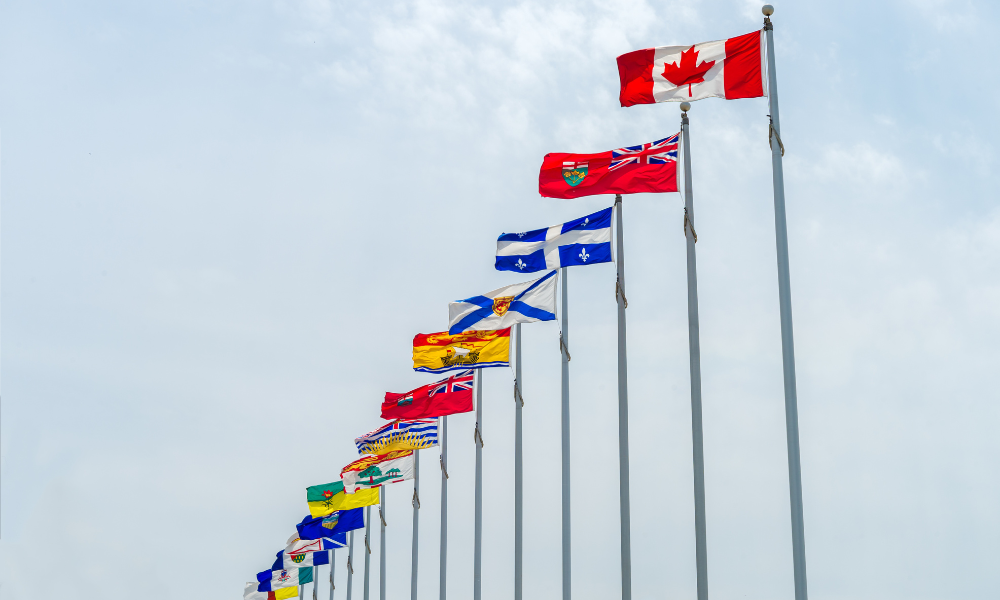Thomson Rogers’ Alice Xiao delves into the important topic of cultural competency and why it’s a critical for those in the legal profession — and especially personal injury lawyers — to offer appropriate and accessible services.
- What is cultural competency, generally?
There are a lot of slightly different definitions out there, tailored to different professions and used in different contexts, but I would say cultural competency is generally defined as the ability to understand, appreciate and interact with people from different cultures. In the context of a legal practice, cultural competency entails offering legal services that are appropriate and accessible to a diverse range of clients. This includes communication in the client’s preferred language, understanding the client’s cultural background and attitude to ensure effective communication, and providing legal advice that matches the client’s needs.
- Why is it important for a personal injury lawyer to be culturally competent? What considerations are there?
While cultural competency is not the sole factor to consider, it holds significance in the context of hiring a personal injury lawyer. A lawyer with cultural competency can effectively communicate with the client, comprehend their needs and goals, thereby establishing trust and fostering a positive rapport. Additionally, such a lawyer, being attuned to the challenges faced by a diverse clientele, can identify crucial issues, like discrimination, that may not be immediately apparent or explicitly stated by the client. This proves essential throughout the entire duration of a personal injury case, starting from explaining the initial retainer and outlining offered services, to preparing the client for examinations for discovery, connecting them with culturally competent healthcare providers, and ultimately understanding settlement terms or providing thorough trial preparation.
Every client appreciates understanding their own case and being involved in making informed decisions along the way. The biggest advantage of having a culturally competent lawyer is the ease of communication, which leads not only to the client feeling understood and supported, but also to a better legal outcome. Moreover, a culturally competent lawyer can protect and guard the client against prejudices and misunderstanding by opposing counsel, defence experts and sometimes even the jury.
- What are some examples of the consequences for clients who do not choose a culturally competent lawyer?
There may be a higher chance of misunderstanding and miscommunication due to language and cross-cultural barriers. This can occur between the client and the lawyer but sometimes also others involved in the lawsuit. This break in communication between client and lawyer can cause a lack of trust or communication and result in a poor outcome. Some examples of possible cross-cultural misunderstandings include:
- a client who makes limited eye contact is subconsciously viewed as evasive or less credible by an orthopaedic surgeon as a defence expert; in some cultures, eye-contact is viewed as a sign of aggression or rudeness;
- a client is hard to reach and seen as “not caring about his case” when he does not reach out with his concerns because he feels a lack of trust, rapport or poor communication with a lawyer who doesn’t understand his language; and
- a client is perceived to be “noncompliant” or without a serious mental health problem because she has not followed through with her family doctor’s referral to a psychiatrist; her lawyer is not aware of the extreme stigma associated with mental health treatment in the client’s culture.
These types of misunderstandings, at a minimum, reduce the quality of service offered to clients and, at worst, could result in a poor legal outcome.
- How can a lawyer become more culturally competent?
Be open to challenging pre-existing norms and presumptions. Before coming to a conclusion, think “is there another reason they are acting this way? Could there be a cultural barrier or misunderstanding at play here?” Communicate your concerns to the clients and be willing to listen to their explanations. Speaking to healthcare providers who have experiences with specific cultures or those who have cultural backgrounds is also helpful in learning, as they may have had similar experiences.
- What are some examples of how you exhibit cultural competency in your practice?
If I am having difficulty understanding the client in English, I will always ask if there is another language that they prefer to communicate in, and if so, use an interpreter.
A good interpreter is not only proficient in the language itself but also understands the cross-cultural nuances of communication and can help limit cultural and linguistic miscommunication and misunderstandings as much as possible.
I was born and raised in China, and I am fluent in Mandarin. In my experience, Mandarin-speaking clients often express a sense of relief when they learn that I can speak Mandarin and can provide legal services while anticipating the difficulties arising from their language barrier and cultural differences. A lot of the times, these clients also prefer Mandarin-speaking healthcare providers to assist them in their recovery. The language barrier is especially important to overcome when the client is receiving mental health related services where a lot of language and expression is involved.
I find that I can be a better advocate the more I understand the client and the cultural background is just a part of who they are. By learning the cultural nuances, I can better understand, for example, why they are struggling so much with their recovery, or why they are resisting treatment. I can better prepare them for the Examination for Discovery in case their credibility is challenged, as unfair scrutiny from opposing counsel can sometimes arise due to cultural differences. I also find that effective communication often leads to a client being more satisfied with the outcome, as they feel that they’ve made informed decisions along the way.
Alice Xiao is a personal injury lawyer fluent in Mandarin and passionate about assisting clients with language and cultural barriers in accessing and navigating the legal system. You can learn more about Alice here.





